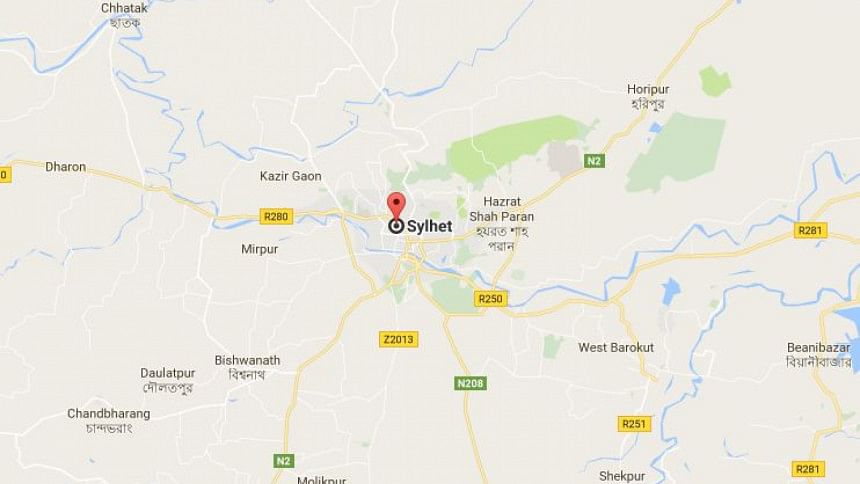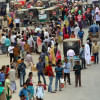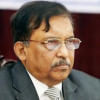Transport strike in Sylhet today

Transport workers in Sylhet called a day-long strike for today to press home their seven-point demand.
The strike called by Sylhet divisional unit of Bangladesh Road Transport Workers Federation (BRTWF) is to start from 6:00am.
Among the transport workers’ demands, one seeks safe passage for a driver who is accused in Sylhet Agriculture University student Wasim Afnan murder case.
Wasim was crushed under the wheels of a running bus at Sherpur on Dhaka-Sylhet highway in Moulvibazar after he was pushed off the bus by its helper on March 23 evening.
The bus driver Jewel Ahmed and helper Masuk Ali were detained in connection with the murder. Later, they confessed the crime before a court.
The transport workers, however, demanded that the case over Wasim’s killing must be filed under section-304 instead of section-302 of the Penal Code.
According to the Penal Code, section-302 is for punishment of murder where section-304 is for culpable homicide.
Selim Ahmed Folik, president of Sylhet divisional unit BRTWF, said, “We called the strike for the betterment of the transport workers. We are not saying that the accused of the case should be acquitted, but we demand that the section of the Penal Code should be changed as new transport act is yet to be finalised.
“If the authorities do not meet our demands, we will go on longer strike and other activities after the Eid-ul-Fitr,” he added.
The six other demands of the workers are: reducing fine from Tk 5 lakh to Tk 50,000 under section-105 of newly proposed Road Transport Act 2018; making the section-84, -98 and -105 of the act bailable; reducing fine from Tk 3 lakh to Tk 30,000 under section-84 and -98 of the act; adjoining Penal Code section after investigation and a worker representative must be included into the investigation team for sensitive accidents; no vehicle can be taken under requisition in other district and the driver will get DA and fuel cost for the requisition duty; stopping police harassment in the highways by checking vehicles anywhere except some specific places; and no toll collection at any bridges on the highways.

 For all latest news, follow The Daily Star's Google News channel.
For all latest news, follow The Daily Star's Google News channel. 





Comments